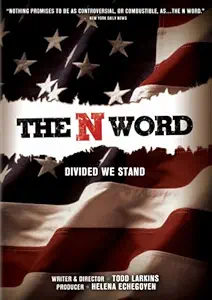Words have power because words are more than their dictionary definition. The history of a word matters as long as the effects of that history are still felt. ... As long as we have had the spoken word, language has been one of the first tools deployed in efforts to oppress others. Words are how we process the world, how we form our societies, how we codify our morals. In order to make injustice and oppression palatable in a world with words that say that such things are unacceptable, we must come up with new words to distance ourselves from the realities of the harm we are perpetrating on others. This is how black people human beings-become [n word]s. All oppression in race, class, gender, ability, religion - it all began with words.
Why would a well-meaning white person want to say these words in the first place? Why would you want to invoke that pain on people of color? Why would you want to rub in the fact that you are privileged enough to not be negatively impacted by the legacy of racial oppression that these words helped create?
-From "So You Want to Talk About Race," Chapter 9
Please note that the White women creating the content on this page changed specific uses of the N word to the reference, "the N word." In the quote above, we did so with the author's permission.
These are articles that come from encyclopedias, overview reports, books, or similarly sourced aimed at providing the basic facts on a topic.
These are articles from more popular media sources such as websites, magazines, newspapers, blogs, and the like.
These are articles from scholarly/academic journals that are written by researchers and other experts in their fields to share the findings of their original research with others in the field.
Videos can be a great place to get information. Linked below are some featured - both from the library's streaming collection, as well as videos on the web.
Source: "The N-Word Through History" by The Washington Post, is licensed under a Standard YouTube License.
Source: "Ta-Nehisi Coates on Words That Don't Belong To Everyone " by Random House, is licensed under a Standard YouTube License.
 The N Word : Who Can Say It, Who Shouldn't, And Why
by
Jabari Asim
The N Word : Who Can Say It, Who Shouldn't, And Why
by
Jabari Asim
 The N Word: Divided We Stand
by
Larkins, Todd.
The N Word: Divided We Stand
by
Larkins, Todd.

